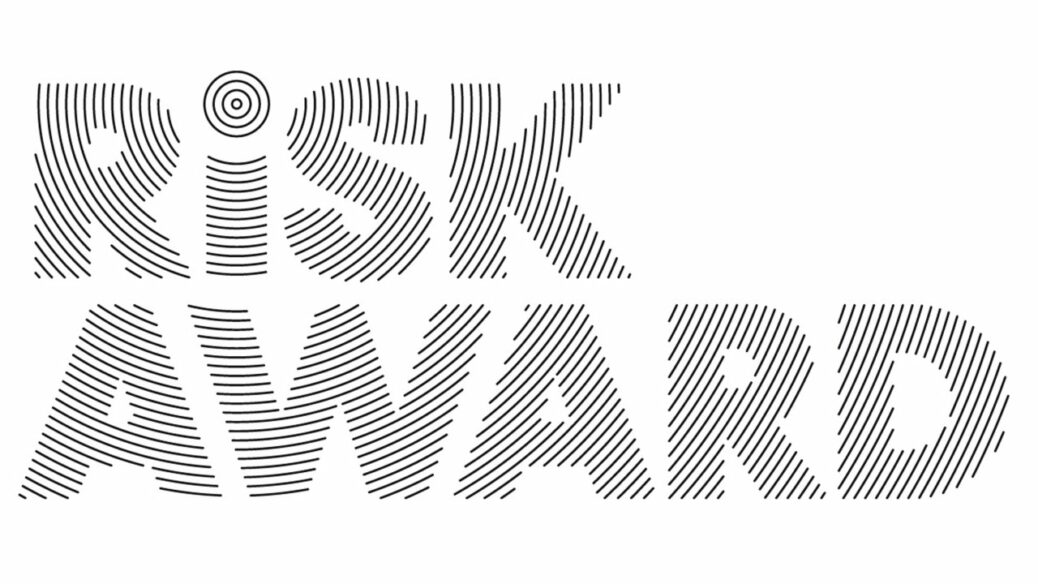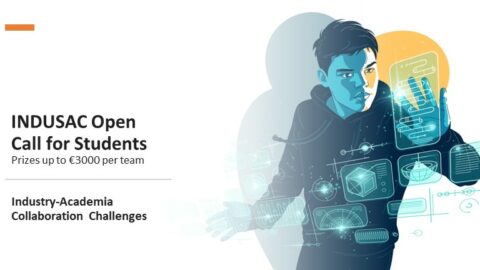Call for applications for the RISK Award 2025 is open now!
The 2025 RISK Award is looking for project proposals under the topic “Children and youths as agents of change for DRR”. In this sense, the 2025 RISK Award reflects a combined approach from three major UN frameworks, namely the Sendai Framework for Disaster Risk Reduction (2015-2030), the 2030 Agenda for Sustainable Development and the Paris Agreement on Climate Change 2015.Non-profit organizations, NGOs, but also academic institutions and local communities are specially invited to apply with their non-profit projects on this topic.
Get the Youth Opportunities iOS App here for the fully-funded opportunities.
Devastating floods in Brazil in April 2024, widespread flooding in Kenya in May 2024, massive floods in southern Germany and Austria in June 2024, accompanied by very early, very hot heatwaves in India, China, the south-west of the USA and south-east Europe show one thing very clearly: disasters caused by climate hazards are striking more frequently and more intensely around the world. In order to mitigate the worst consequences, we need to take countermeasures with risk management instruments. Disaster risk reduction (DRR) is of particular importance. UNDRR and the Munich Re Foundation are putting the RISK Award at the service of disaster risk reduction and are launching the 2025 RISK Award – Call for Applications.
Youth Opportunities invites you to join your preferred channel to get the latest updates directly to your messenger inbox.
- Youth Opportunities: https://m.me/j/AbZTmgEzD1UchDte/
2. Fully Funded Conferences: https://m.me/j/AbZTfhFTiPCnXf2D/
3. Full Scholarships: https://m.me/j/AbbrjbkOMM6I68Cs/
4. Paid Internships/Jobs: https://m.me/j/AbaAskb6jFFnRser/
5. Circle: https://m.me/j/AbY0vVKSPJULUnE4/
Disasters don’t discriminate, yet some people are more at risk! This statement is becoming increasingly true. Analyses of the numbers of victims and people affected prove: countries in the Global South are more affected than countries in the Global North, and vulnerable people, such as marginalised groups, children, young people, women, people with disabilities and more, suffer disproportionally. Data from UNDRR shows that over 1 billion children have had their lives disrupted by disasters since 2000, with more than 80,000 schools damaged or destroyed. According to UNICEF, approximately one billion children worldwide are at extremely high risk due to climate impacts, including climate-related disasters.
Benefits
- The award is endowed with 100,000 €.
- The overall budget of the project shall not exceed 1,000,000 €. Otherwise the contribution of the RISK Award is too little.
- The RISK Award contribution must have a visible impact within the project.
- If the whole budget is bigger than the RISK Award, it must be visible for what purpose the RISK Award will be used.
- The proposal should include a milestone planning and a rough budget plan explaining how the funding will be used.
- The budget of the proposed project can also be less than €100,000. However, it should not be less than €50,000.
Eligibilities
- It is expected that the successful project will be carried out by a team of people who have complementary skills.
- It is perfectly legitimate to involve participants from partner institutions, but it is not advisable to form too large consortia for the purpose of submitting a proposal.
- Research institutions, non-governmental organisations (NGOs) and non-profit organisations (NPOs) are especially encouraged to submit.
- The RISK Award mainly addresses projects in developing and emerging countries in the Global South. We therefore exclude projects that are positioned in high-income countries according to the World Bank classification.
- The proposed projects must serve a non-profit or charitable purpose. For-profit initiatives are not eligible for selection.
- The RISK Award is given to institutions or organisations. Unfortunately, individuals cannot be considered.












